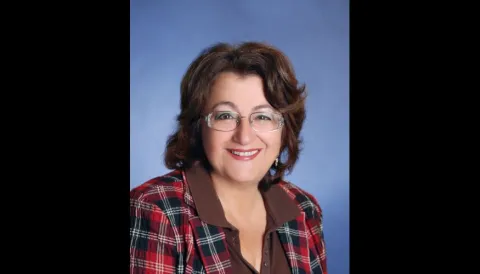Search engine-enhancing research from UBC and Microsoft wins best paper award

Rabab Ward, a professor of electrical and computer engineering at UBC, has received a 2018 Best Paper Award from the Institute of Electrical and Electronics Engineers (IEEE) Signal Processing Society. She shares the honour with her co-authors at Microsoft Research, including Hamid Palangi, her former doctoral student and the paper’s lead author.
The award recognizes papers of “exceptional merit” published in Society-related journals during the previous five years on the basis of their “general quality, originality, subject matter, and timeliness.” Ward’s 2016 work, which appeared in IEEE/ACM Transactions on Audio, Speech and Language Processing, introduced a novel computer model for natural language processing that would enable search engines to retrieve relevant information more effectively than before.
The model has since been integrated in commercial software packages, products and services from companies such as Microsoft, Google, Baidu, Alibaba and Amazon.
“As a researcher, you hope that your efforts will have an impact not only in academic circles, but also in industry and the broader society,” says Ward. “So it is always gratifying to see one’s research being used in the real world.”
Combining an artificial neural network called Long Short-Term Memory and a deep learning model known as the Deep Structured Semantic Model, the new architecture reported by Ward and her colleagues allows computers to rapidly identify both the key search terms within a given sentence and the broader subject category under which those keywords collectively fall. It does so by creating numeric representations of whole sentences, not just individual words, which can then be used to derive meaning at the sentence and higher linguistic levels.
Ward’s paper also suggests why the trained neural network they developed performs as well as it does. By creating visual representations of the activation of network cells in response to text inputs, the UBC-Microsoft team was able to demonstrate how those cells are activated based on the importance and subject matter of the keywords: different topics activate different cells, and the more important the keyword, the stronger the level of activation.
Ward, who was recently elected the director of Division 9 of the IEEE — the world’s largest technical professional organization, with over 420,000 members — will receive her honour at the IEEE Signal Processing Society’s awards ceremonies in May 2019, in Brighton, England.